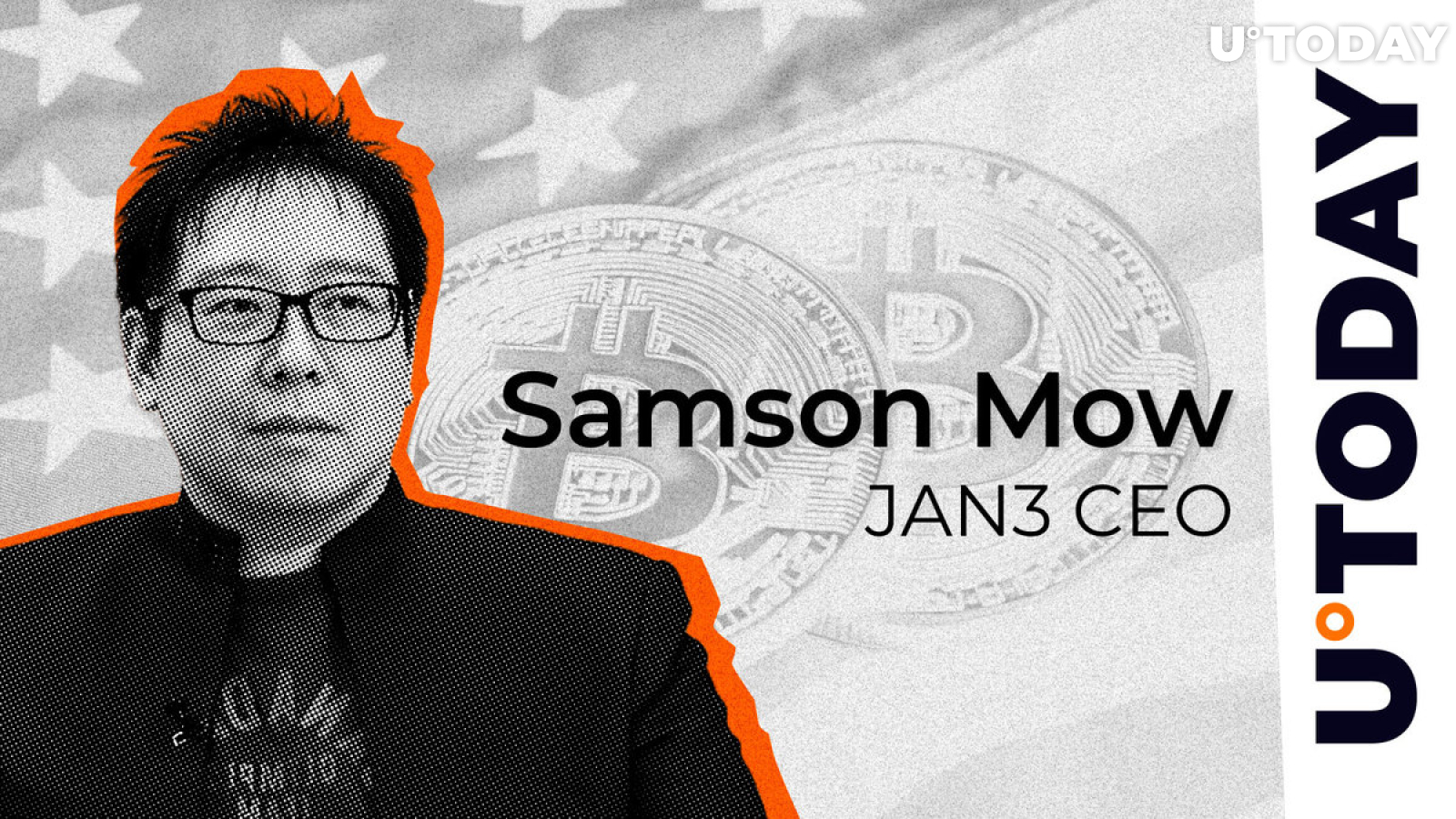Upbit Faces Hefty Supervisory Fees Under New South Korean Crypto Regulations
- The South Korean crypto exchange landscape is undergoing significant changes.
- New regulations impose supervisory fees on prominent exchanges such as Upbit and Bithumb.
- Upbit will bear the majority of the fees due to its substantial market share.
South Korean crypto exchanges face a new regulatory landscape with the imposition of supervisory fees, impacting platforms like Upbit and Bithumb.
New Supervisory Fees for South Korean Crypto Exchanges
Following the introduction of the Virtual Asset User Protection Act in South Korea, crypto exchanges including Upbit, Bithumb, and Coinone are mandated to pay supervisory fees. These fees are calculated based on the operating income of the exchanges and are expected to total around 300 million won (approximately $220,000). The changes derive from the revised ‘Enforcement Decree of the Act on the Establishment of the Financial Services Commission’ and ‘Regulations on the Collection of Financial Institution Contributions.’ The Financial Services Commission announced these requirements on July 1, emphasizing that virtual asset operators fall within the inspection purview of the Financial Supervisory Service.
Financial Impact on Leading Exchanges
The supervisory fee for each exchange is determined by their operating revenue from the previous fiscal year. According to Dunamu’s consolidated financial statements, Upbit is expected to pay around 272 million won ($199,592). In contrast, Bithumb’s fee is estimated at 21.14 million won ($155,157), while Coinone and GOPAX will pay approximately 6.03 million won ($4,422) and 830,000 won ($608), respectively. Korbit is exempt from these fees as its operating revenue from the previous year was sufficiently low under the new regulations.
Reason for Implementation and Industry Reactions
The implementation of supervisory fees, which is akin to a quasi-tax, will commence next year. These fees align with those charged to financial institutions under the Financial Supervisory Service’s inspection regime. Previously, electronic financial firms like Kakao Pay and Naver Financial were subjected to such fees over a three-year period. This rapid introduction for virtual asset operators stems from the marked growth in the virtual asset market and a heightened emphasis on preventing unfair trading practices. Contrary to industry expectations of a delayed imposition, the decision was expedited by the Financial Supervisory Service to cover the costs already being incurred by the related regulatory organization.
Challenges for Smaller Exchanges
Smaller exchanges, including those operating at a loss, will still be required to pay supervisory fees based on their operating revenue. This requirement poses a significant challenge for crypto exchanges like Coinone and GOPAX, which are already grappling with financial difficulties. Despite these hurdles, the regulatory landscape in South Korea is evolving rapidly to create a more controlled and fair trading environment.
Conclusion
The new supervisory fees on South Korean crypto exchanges reflect the government’s intent to regulate the rapidly growing virtual asset market and ensure fair trading practices. While leading exchanges like Upbit and Bithumb are in a better position to absorb these costs, smaller players may face additional financial strain. Moving forward, the regulatory environment will continue to shape the operational strategies of these exchanges, signaling a shift towards greater oversight and financial accountability.
The post Upbit Faces Hefty Supervisory Fees Under New South Korean Crypto Regulations appeared first on COINOTAG NEWS.






